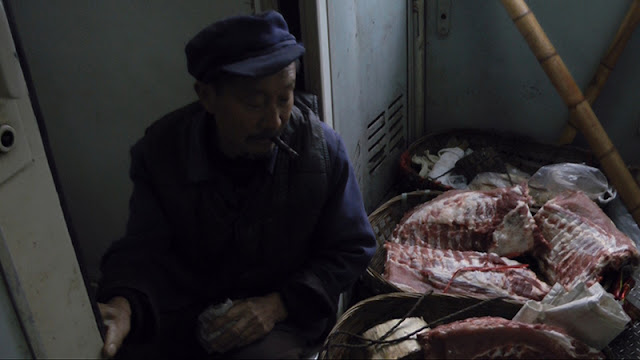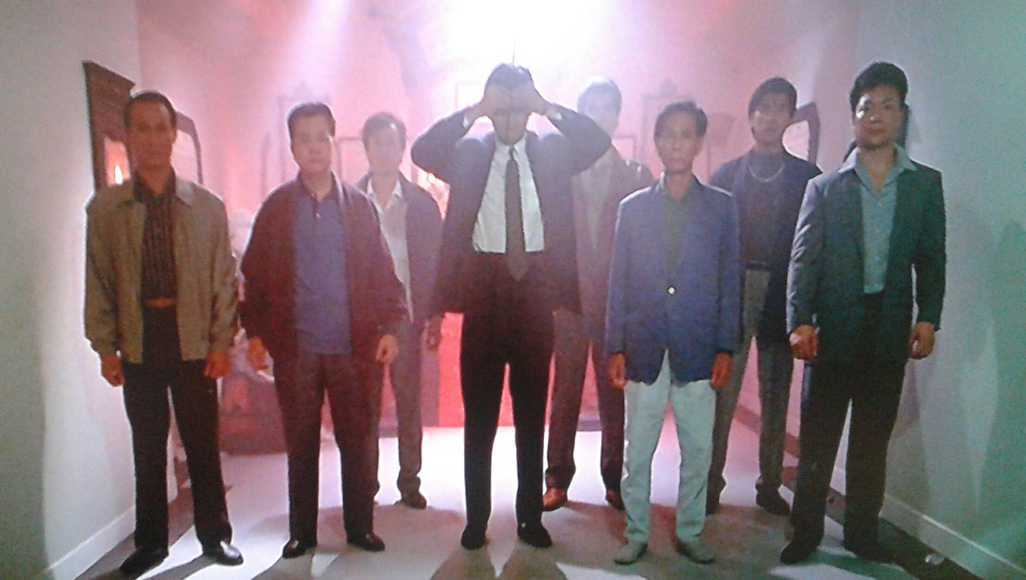J. P Sniadecki collected footage from 2011 to 2013 on China's humongous railway system, in order to present a film that uses everyday life inside the wagons to catch the essence of the modern Chinese society in the most realistic fashion.
“The Iron Ministry” screened at Bertha DocHouse on Monday, 28 August at 16:00, as part of On The Line, (25th – 28th August) a new season focusing on films which traverse the railways of the world.
The documentary is actually split into two parts. The first one shows a number of “episodes” occurring inside the wagons, which range from some almost grotesque sequences of people cutting meet and relieving carcasses of their feathers, to fairly “regular”, of individuals carrying huge bundles of merchandise to sell to their destination. This part is mostly silent, and has a distinct art-house feel, although the pace is faster than what is usual in such productions, as it seems to synchronize with the movement of the train.
The second part, on the other hand, features much dialogue, as Sniadecki listens to conversations taking place in the train, occasionally even taking part in them. The quite interesting discussions focus on a number of topics including religion, economy, Tibet and the coal moguls, the differences of the working environment in the country and the cities, and provide a thorough and very sincere glimpse into the Chinese society of today. One of the most memorable scenes in the documentary comes when a kid, using a voice that seems awfully like the ones used to announce decrees in the Maoist era, utters some crude but hilarious announcements that mock the population control laws.

Sniadecki uses a rather interesting approach to his subject, as his attitude could be easily described as nosy, but through this tactic, he manages to present a genuine insiders look to his subject, as the people recorded on film do not seem to react to the camera at all, although this may be an achievement on the editing's part, to some degree. The cinematography is impressive, capturing the different sequences that occur in the train with a combination of artistry and realism, while the various images of the exteriors are among the most memorable images of the documentary, in a trait that finds its apogee in the one featuring the Beijing apartments in their polluted glory.
Evidently, trains are not the most exciting topic for a film, but Sniadecki manages to present a rather entertaining spectacle, through his use of humor, interesting dialogue, and impressive imaging.
















